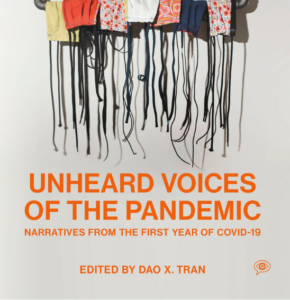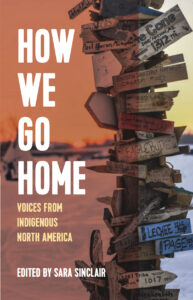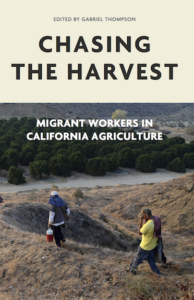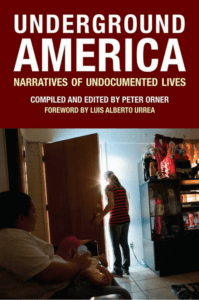About the Book
Solito, Solita (Alone, Alone) is an urgent collection of oral histories that tells—in their own words—the story of young refugees fleeing countries in Central America and traveling for hundreds of miles to seek safety and protection in the United States.
Fifteen narrators describe why they fled their homes, what happened on their dangerous journeys through Mexico, how they crossed the borders, and for some, their ongoing struggles to survive in the United States. In an era of fear, xenophobia, and outright lies, these stories amplify the compelling voices of migrant youth. What can they teach us about abuse and abandonment, bravery and resilience, hypocrisy and hope? They bring us into their hearts and onto streets filled with the lure of freedom and fraught with violence. From fending off kidnappers with knives and being locked in freezing holding cells to tearful reunions with parents, Solito, Solita’s narrators bring to light the experiences of young people struggling for a better life across the border.
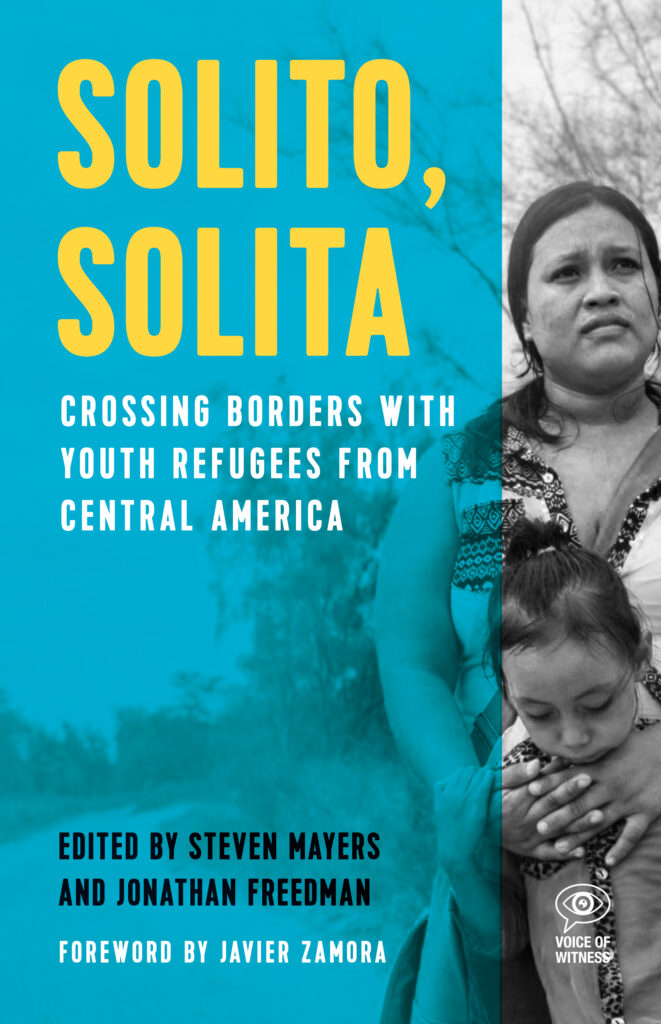
Narrators Include:

ADRIÁN, from Guatemala City, whose mother was shot to death before his eyes. He refused to join a gang, rode across Mexico atop cargo trains, crossed the US border as a minor, and was handcuffed and thrown into ICE detention on his eighteenth birthday.
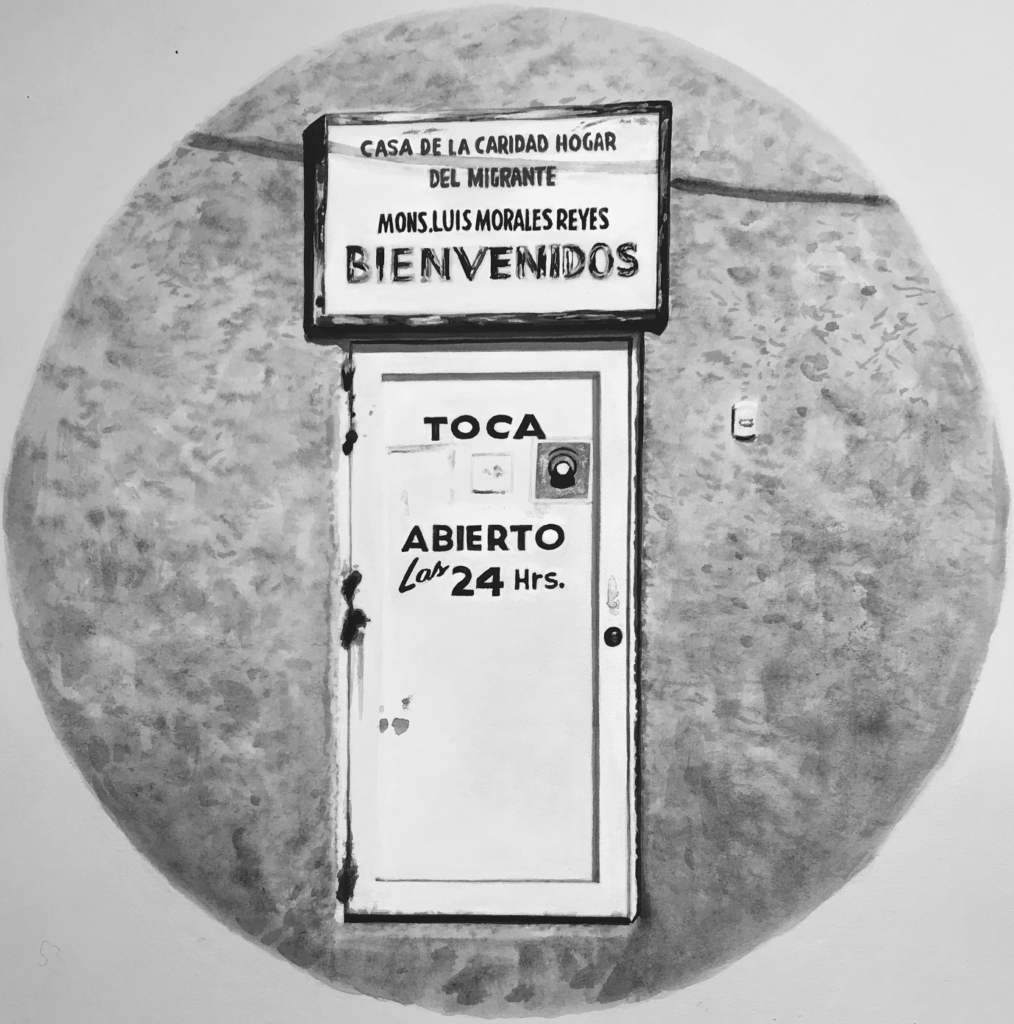
ROSA, a Salvadoran mother fighting to save her life as well as her daughter’s after death squads threatened her family. Together they trekked through the jungles on the border between Guatemala and Mexico, where masked men assaulted them.
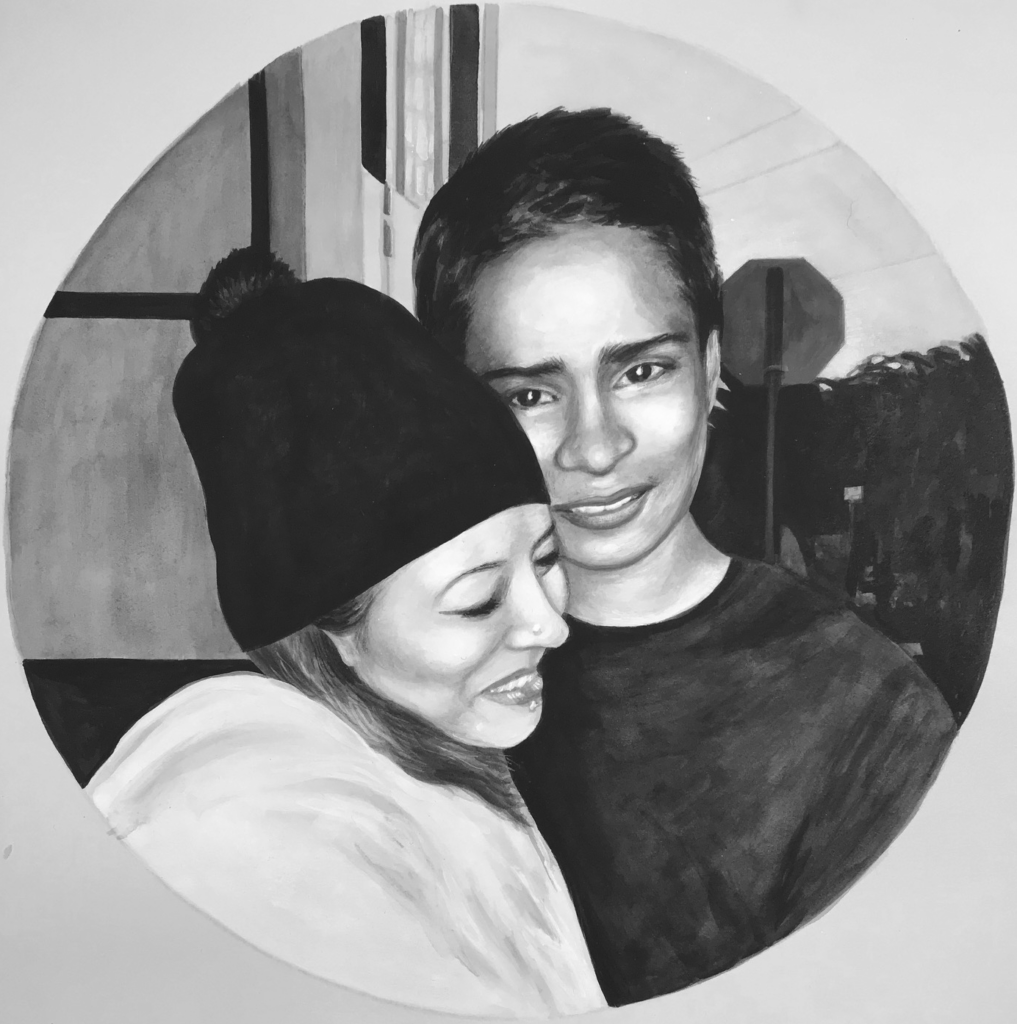
GABRIEL, who survived sexual abuse starting at the age of eight and fled to the United States at age fifteen. He is now a student at UC Berkeley and an advocate for immigrant youth and LGBTQ rights.
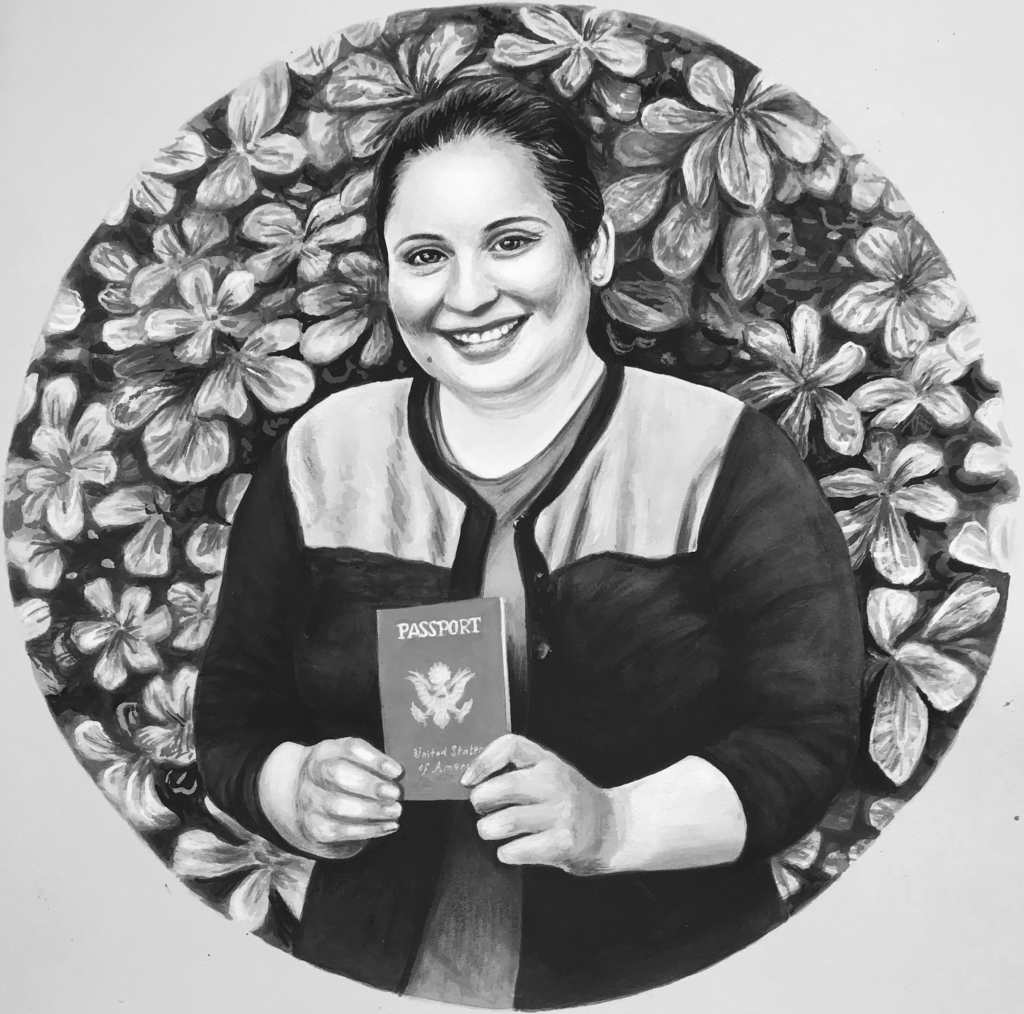
SOLEDAD, a young woman from Honduras who migrated at age fourteen after being abused by her stepfather and forced into child labor. In California, she experienced mistreatment in the foster care system and homelessness before attending college.
About the Editors:
Steven Mayers is a writer, oral historian, and professor of English at the City College of San Francisco.
Jonathan Freedman is a Pulitzer Prize–winning journalist, author, and writing mentor at the City College of San Francisco.
Related Resources

View the Lesson Plans
The lessons use oral history to promote a nuanced understanding of youth refugees from Central America.
Book Club Discussion Questions
Use these questions to encourage meaningful conversations about the book.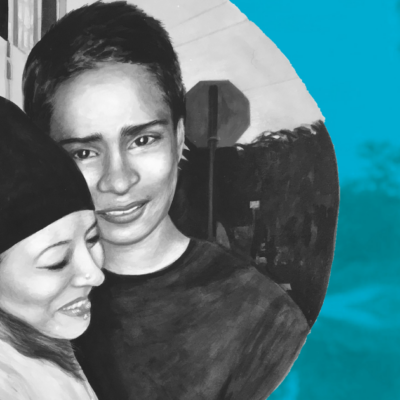
10 Actions To Support Refugees from Central America
Show solidarity with youth refugees and immigrant justice.
Op-Ed from Narrator Soledad Castillo
Read about Soledad Castillo’s story in The Guardian.Podcast: Luz’s Story
Listen to an episode with narrator Luz Hernandez, who shares her story of leaving Honduras to come to the US. Luz became a social worker and now offers youth and families the support she had needed when she arrived. In this episode, Luz talks about hope, belonging, and why hearing directly from immigrants—rather than politicians—is crucial to understanding the topic of immigration.
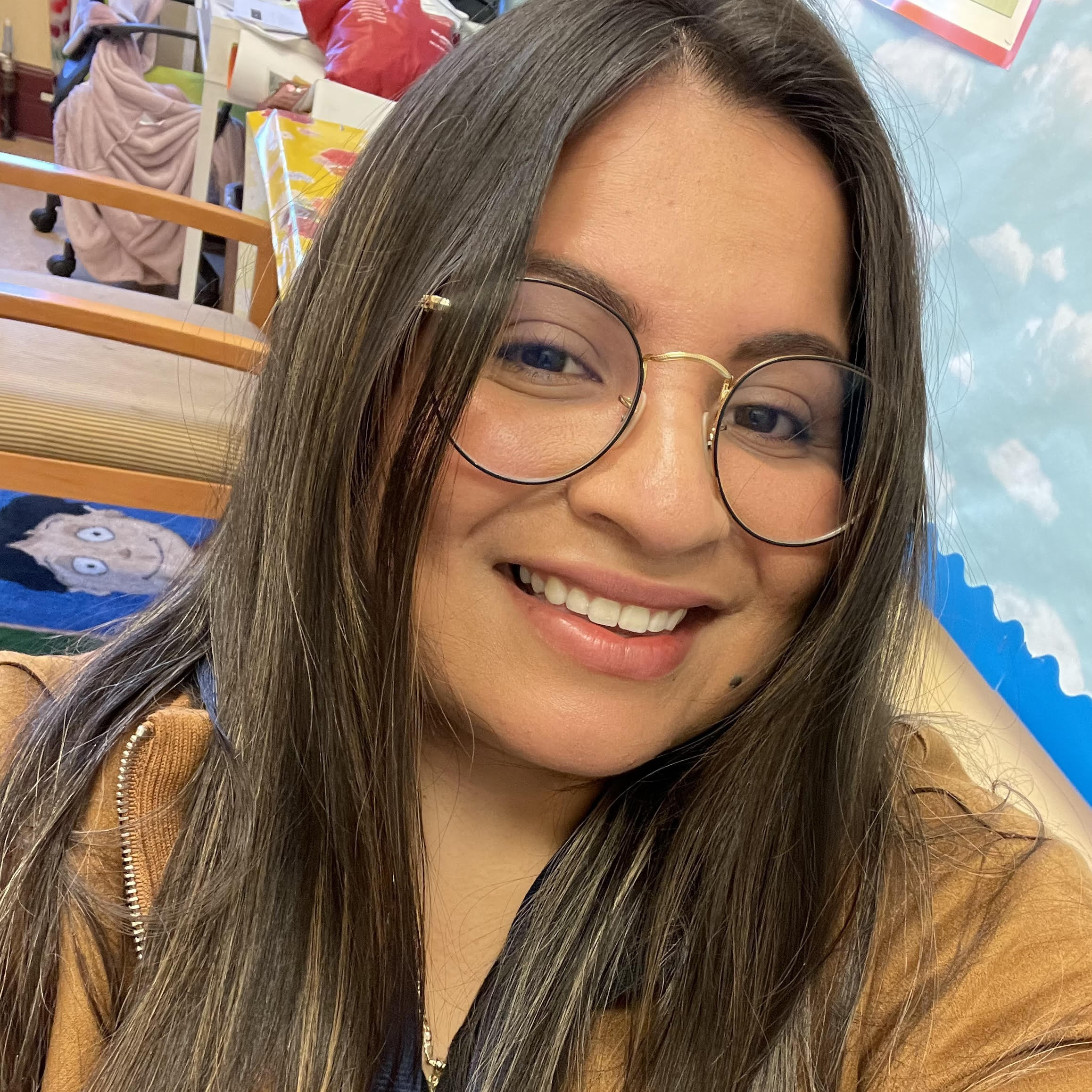
Praise for Solito, Solita:
Immigration narratives are too often reduced to tropes, to statistics and numbers, to binary politics and manipulative rhetoric, but not so in this volume of stories. Solito, Solita reaches beyond and beneath the headlines, clearing the mess and the noise so that we can hear the voices that matter most in contemporary migration: those of young migrants themselves.
Lauren Markham
Author of Far Away Brothers: Two Young Migrants and the Making of an American Life
Intense testimonies that leave one shivering, astonished at the bravery of the human spirit. Mayers and Freedman have done a magnanimous job collecting these histories. America, are you listening?
Sandra Cisneros
Author of The House on Mango Street
This book fills a crucial missing piece in today’s immigration debate. Everyone who cares about immigration—and about migrants—should read it.
Aviva Chomsky
Professor at Salem State University, author of Undocumented
Solito, Solita gives readers the rare chance to hear directly from young migrants who have risked everything for a better life on our side of the border. With unflinching clarity, they detail the violence they left behind, the fear and difficulties they face after arrival, and the hope and resiliency that carries them through it all. They have courageously shared these experiences with the idea that people like us might read their stories and be moved to action, and we owe it to them to do so.
Francisco Cantú
Former CBP officer and author of The Line Becomes a River








